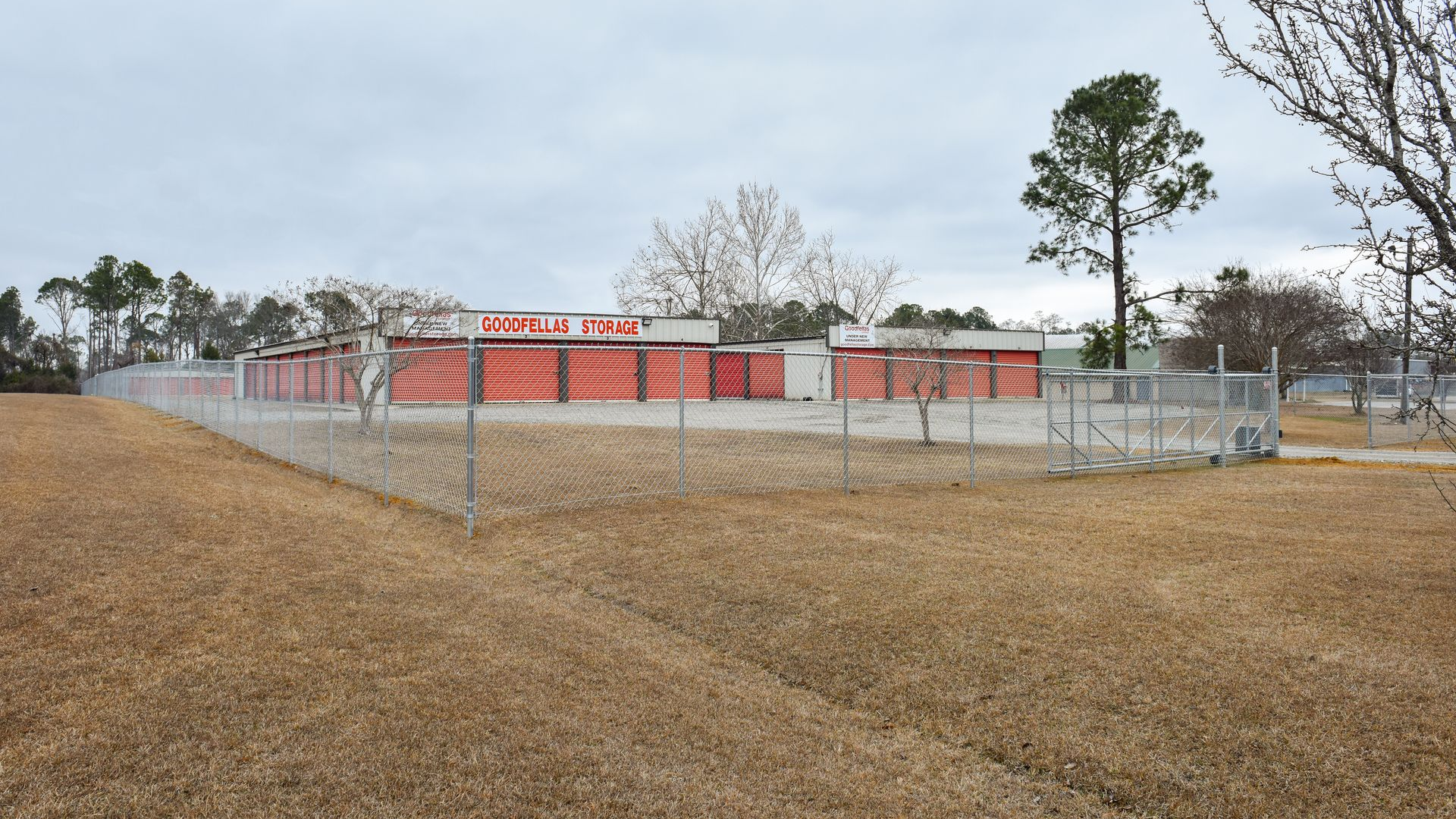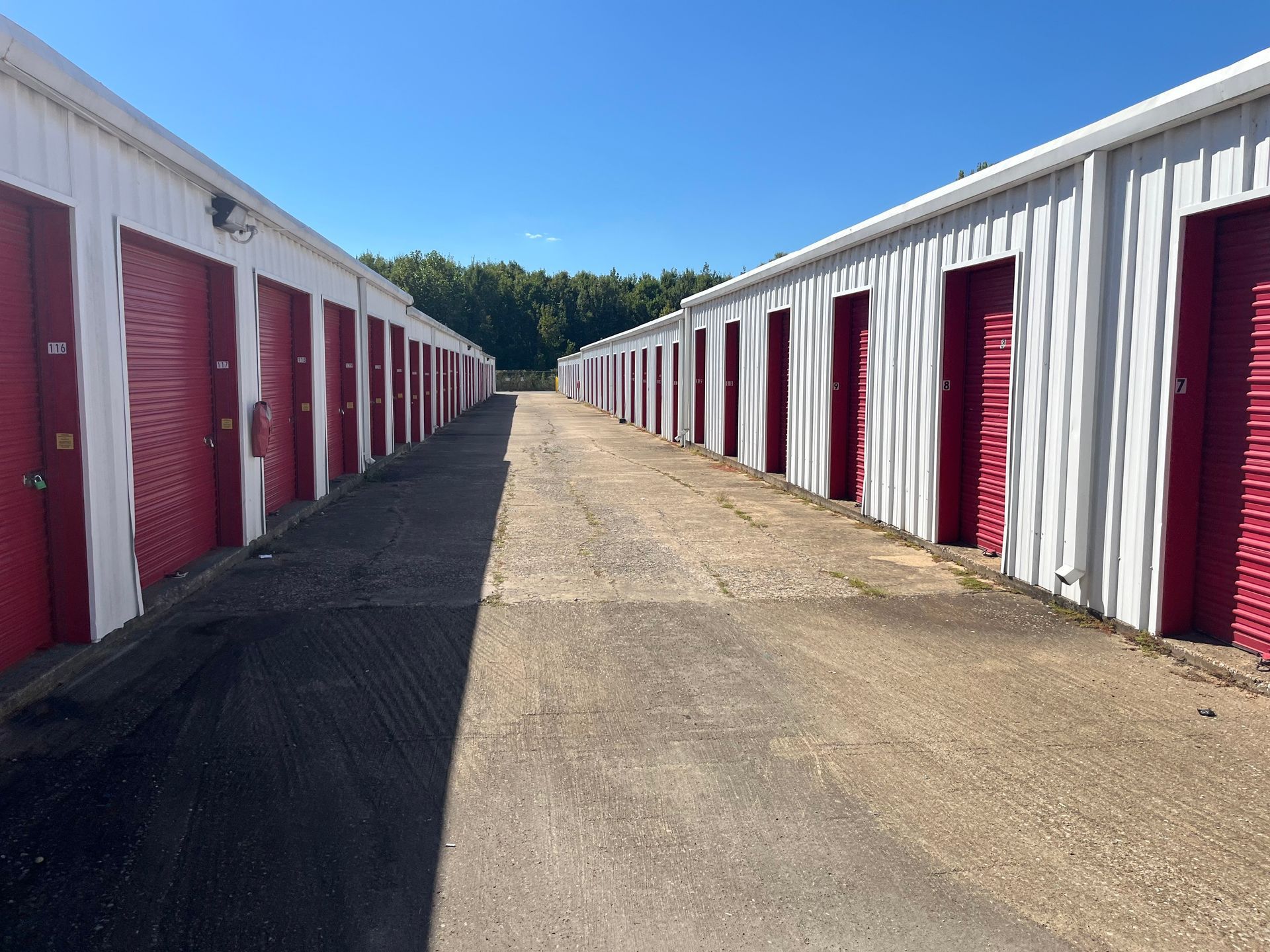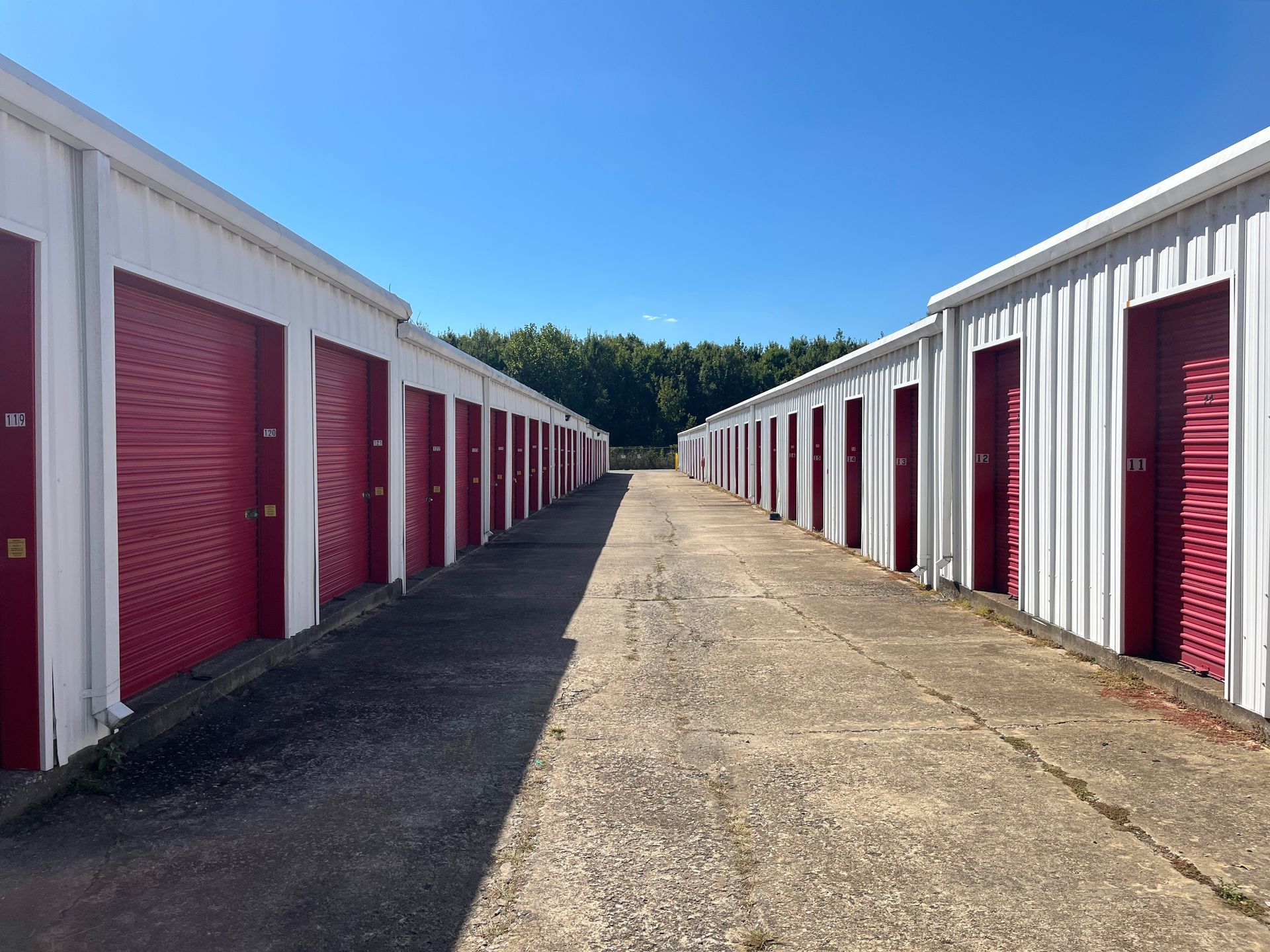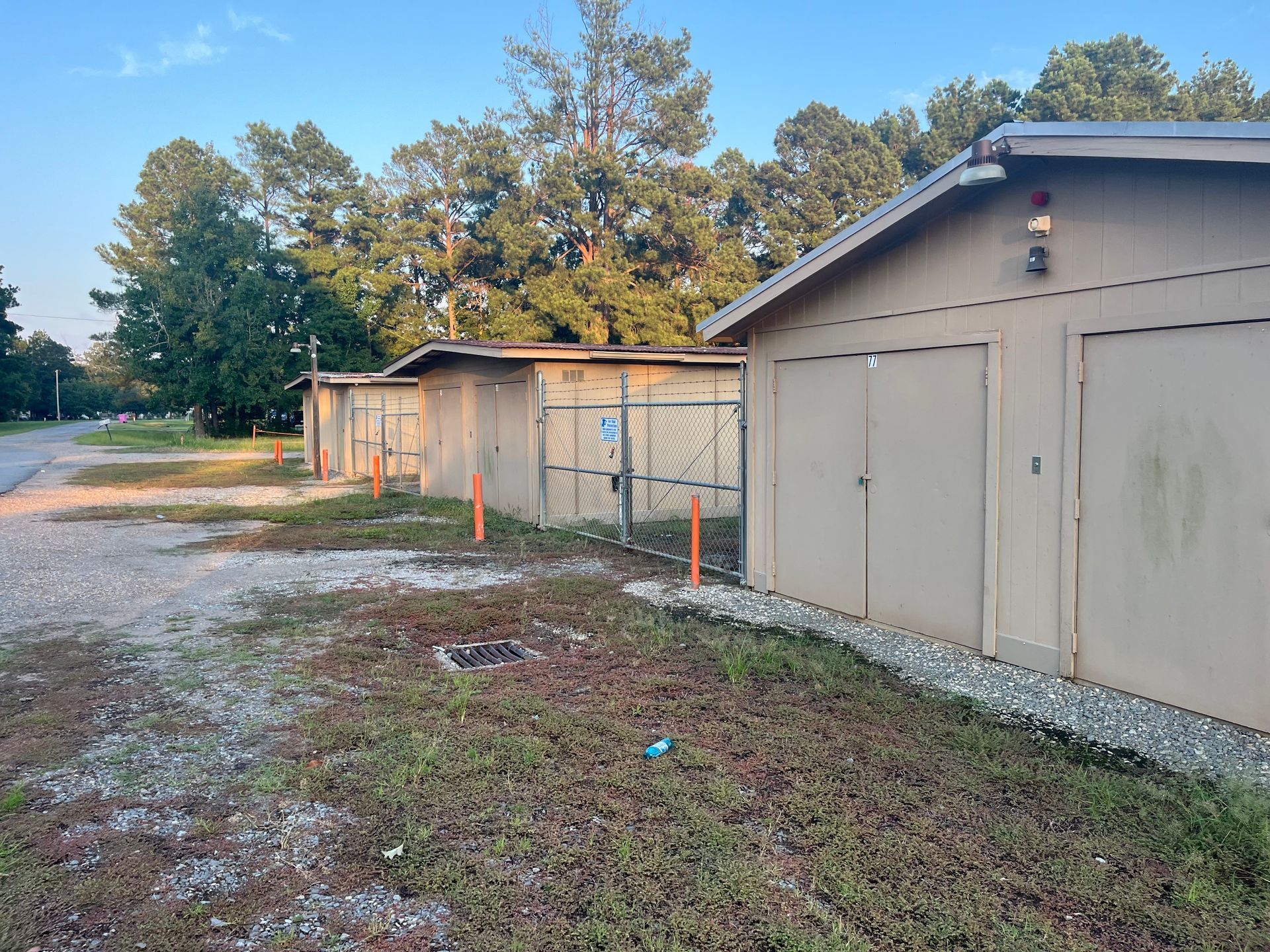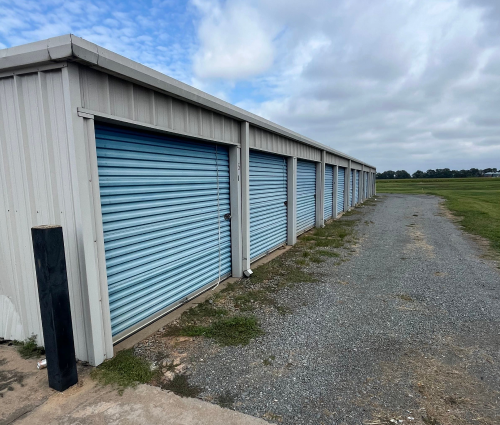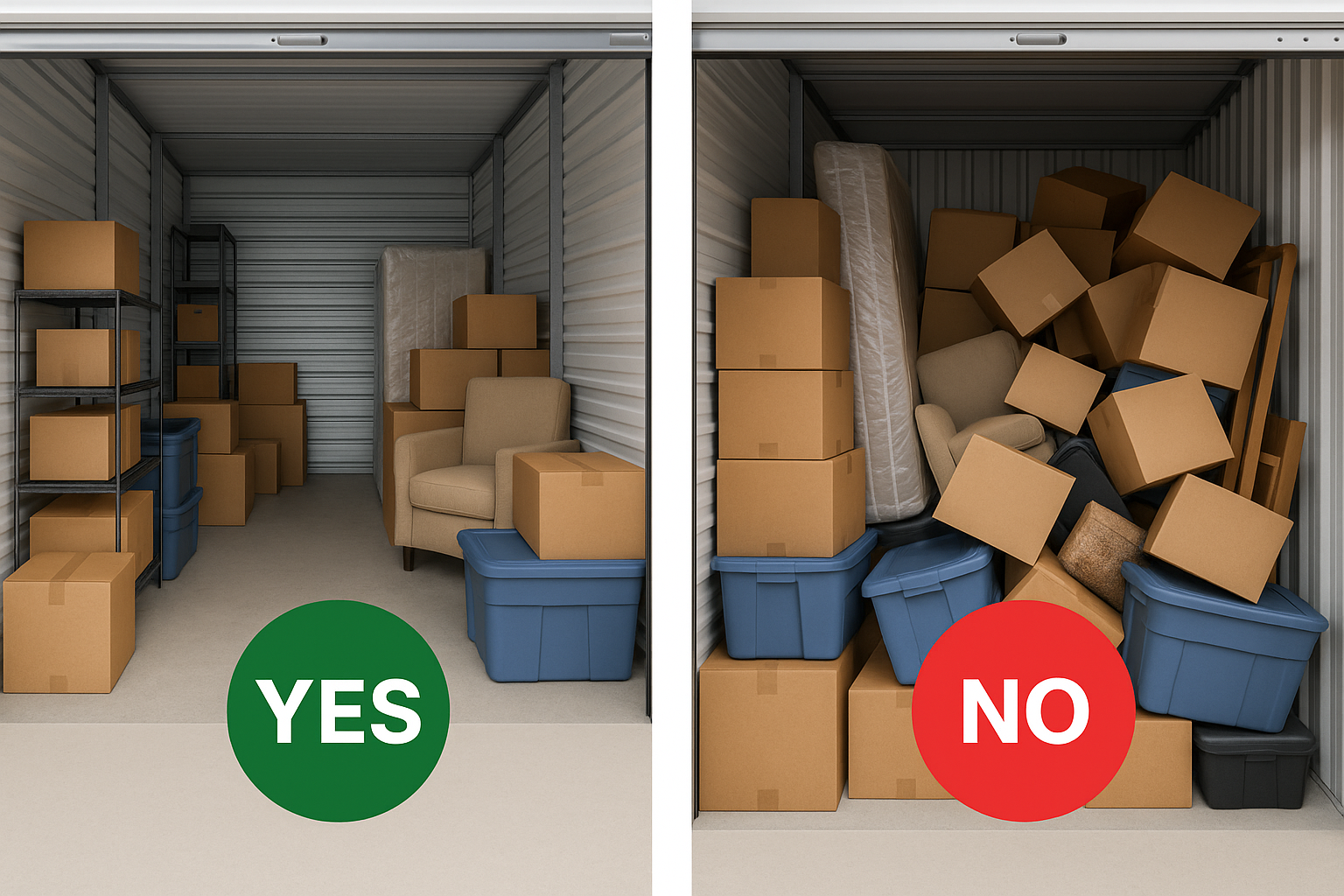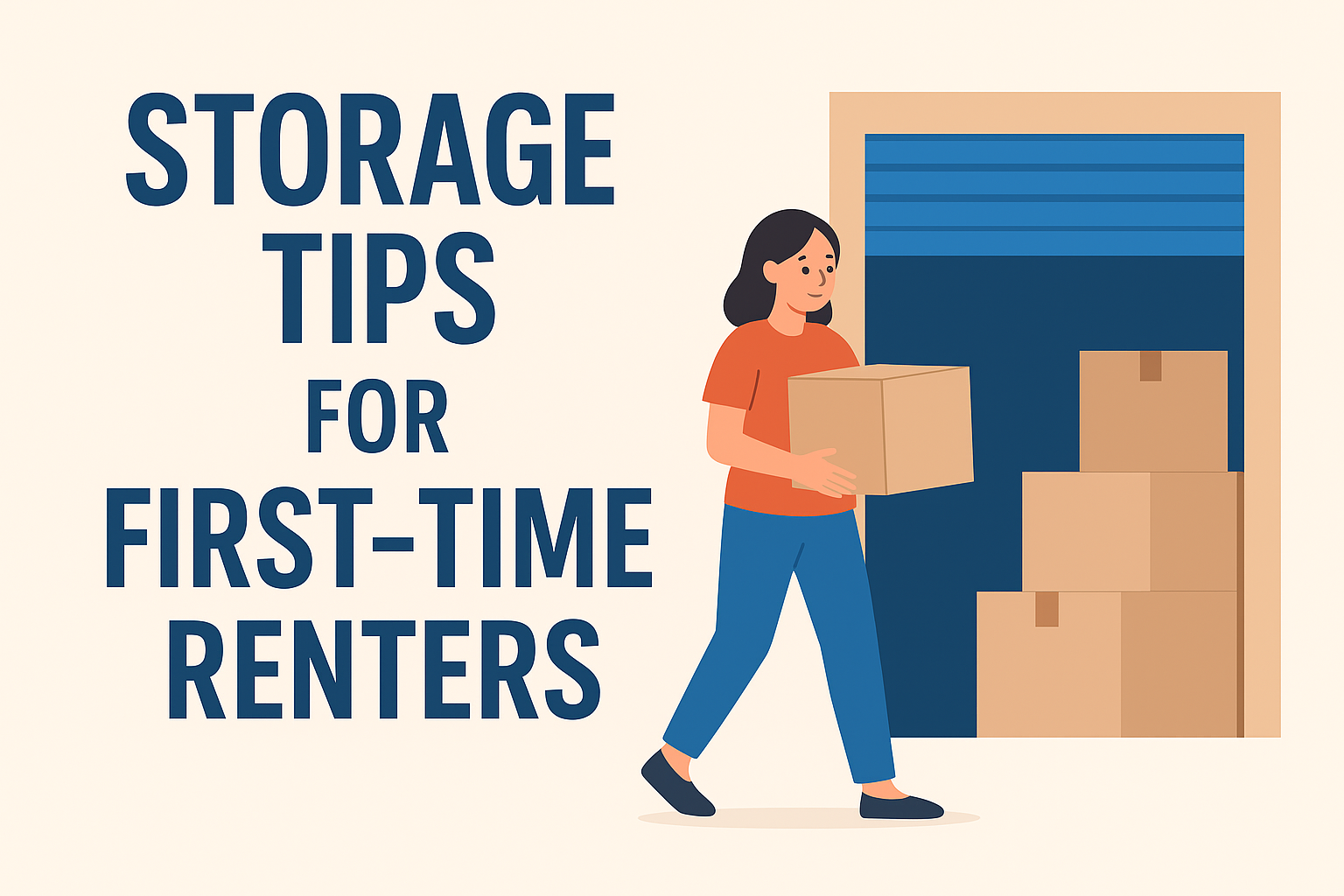How to Safely Store Lawn Equipment Year-Round
Tips to protect and store your lawn tools safely year-round

Lawn mowers, trimmers, leaf blowers, and other landscaping tools are not small investments. Storing them correctly not only extends their lifespan but also ensures they are ready to perform when the season changes. Whether you live in a warm climate with year-round growth or a colder area where equipment goes into long winter storage, these lawn equipment storage tips will help you protect your investment.
This guide will cover best practices for cleaning, preparing, and storing your tools, the safest types of storage environments, and important safety regulations to know before placing them in a self storage unit.
Why Proper Lawn Equipment Storage Matters
Leaving your lawn tools outside or in a damp shed can lead to rust, corrosion, and engine trouble. Exposure to moisture, freezing temperatures, or excessive heat can cause components to crack, seize, or degrade. Proper storage not only preserves equipment value but also saves you time and money on repairs.
Key benefits of proper storage include:
- Longer equipment life
- Fewer costly repairs
- Reduced risk of pests nesting in machinery
- Better safety for your family and property
- Reliable operation when you need it most
For small businesses and home-based entrepreneurs, proper equipment care is essential. See our guide on Abbeville Storage for Home-Based Businesses for more tips on managing and storing business tools effectively.
Step-by-Step Lawn Equipment Storage Tips
1. Clean Everything Thoroughly
Dirt, grass clippings, and moisture left on your tools can cause rust and mold. Before storage:
- Use a stiff brush to remove debris from blades and moving parts
- Wipe down surfaces with a clean cloth
- For stubborn grime, use a mild detergent and rinse thoroughly
- Dry completely before storing
2. Drain or Stabilize Fuel
Most self storage facilities, including Goodfellas Storage, do not allow gasoline, oil, or other hazardous materials to be stored in units. This is both for safety and legal compliance.
If your equipment has a fuel tank:
- Drain all gasoline into an approved container and dispose of it according to local hazardous waste rules
- Run the engine until it stalls to clear remaining fuel from the carburetor
- If you are storing equipment at home, you may choose to use a fuel stabilizer instead
For more guidance on prohibited materials, review our post on What NOT to Store in a Self Storage Unit.
3. Change the Oil (If Applicable)
For four-stroke engines, changing the oil before long-term storage helps prevent sludge buildup and corrosion inside the engine. Always follow the manufacturer’s recommendations for oil type and disposal.
4. Remove Batteries and Spark Plugs
- Batteries: Store in a cool, dry location away from the equipment to prevent corrosion.
- Spark plugs: Removing and lightly oiling the plug cylinder helps keep internal parts lubricated and prevents moisture damage.
5. Protect Against Rust and Corrosion
Use a light machine oil or silicone spray on exposed metal parts to create a moisture barrier. For cutting blades, consider applying a thin layer of grease for added protection during long-term storage.
6. Choose the Right Storage Location
The best storage space for lawn equipment should be:
- Dry and well-ventilated
- Secure and pest-free
- Large enough to avoid stacking heavy tools on top of each other
Options include:
- Garage or shed (if climate and security are adequate)
- Self storage unit (climate controlled for year-round temperature and humidity stability)
- Covered outdoor area (only for short-term storage and in mild climates)
If you work in construction or landscaping, you might also want to check out our guide on How Goodfellas Streamlines Storage for Contractors for insights on securing and organizing professional-grade tools.
7. Use Proper Positioning and Support
Avoid storing lawn equipment directly on concrete floors where condensation can collect. Use wooden pallets, shelves, or mats to keep tools elevated. For long-handled tools, use wall hooks or racks to prevent bending or warping.
8. Cover Equipment for Added Protection
If stored indoors, a breathable cover will help keep dust off while still allowing airflow. Avoid plastic covers that trap moisture and promote mold growth.
Storing Lawn Equipment in a Self Storage Unit
A self storage unit can be a great solution for bulky lawn equipment, especially in off-season months when garage space is limited. At Goodfellas Storage, you can find secure drive-up units that make loading and unloading heavy tools easy.
Remember:
- Gasoline, oil, and other flammable or hazardous materials are prohibited
- Equipment must be cleaned and drained before storage
- If storing in a non-climate-controlled unit, take extra precautions against temperature extremes and humidity
For money-saving ideas when packing your storage unit, read our post on How to Save Money With Efficient Storage Packing.
Seasonal Lawn Equipment Storage Checklist
Before storing for winter:
- Clean thoroughly
- Drain fuel
- Change oil if needed
- Lubricate moving parts
- Store in a dry, elevated position
Before storing for summer in hot climates:
- Protect plastic and rubber from direct sunlight
- Keep in a shaded or climate-controlled environment
- Avoid sealing in airtight plastic covers
Q&A: Lawn Equipment Storage
Q: Can I store my lawn mower in a self storage unit with fuel in it?
A: No. Most facilities, including Goodfellas Storage, prohibit storing gasoline or other flammable liquids for safety reasons. Always drain fuel before storage.
Q: Do I need climate control for lawn equipment?
A: While not always required, climate control helps protect rubber hoses, belts, and plastic components from extreme temperatures and humidity swings.
Q: How do I keep rodents out of stored equipment?
A: Clean equipment thoroughly to remove any plant debris and store it in a sealed, pest-protected environment. Using peppermint oil or mothballs nearby can help deter pests.
Q: What size storage unit do I need for lawn equipment?
A: A 5x5 unit works for small tools and trimmers, while a 5x10 or larger may be needed for riding mowers and multiple machines.
For secure, convenient, and affordable storage options near you, visit our Locations page or Contact Us today to reserve your unit.


